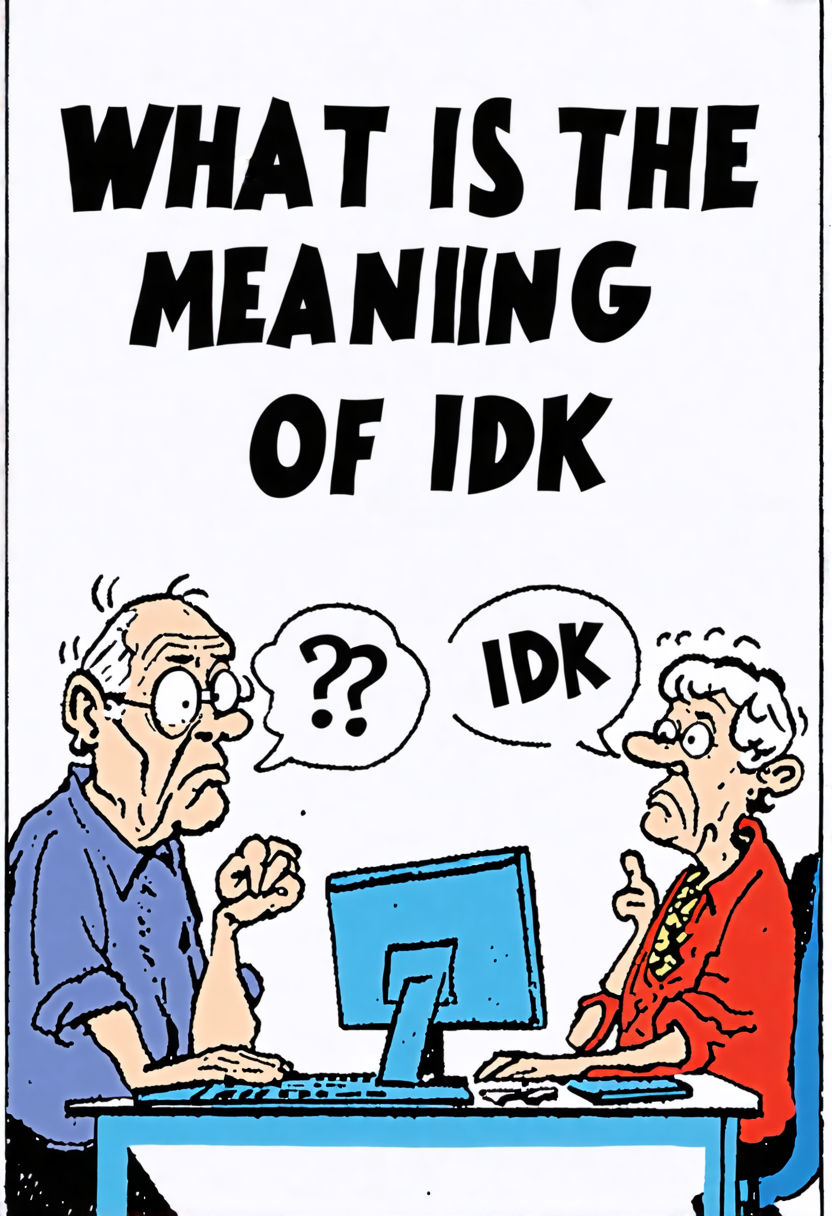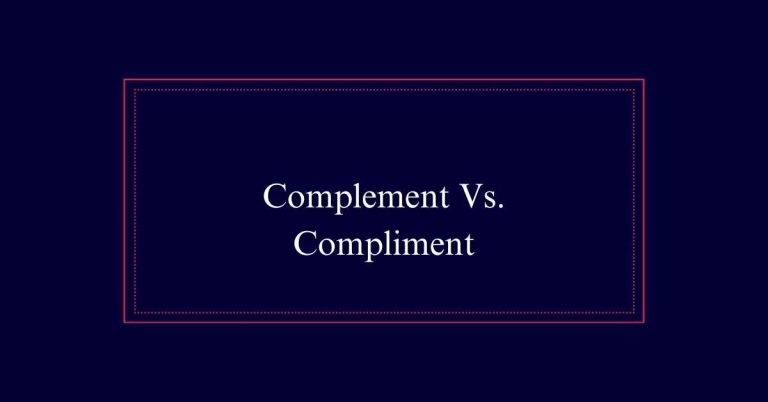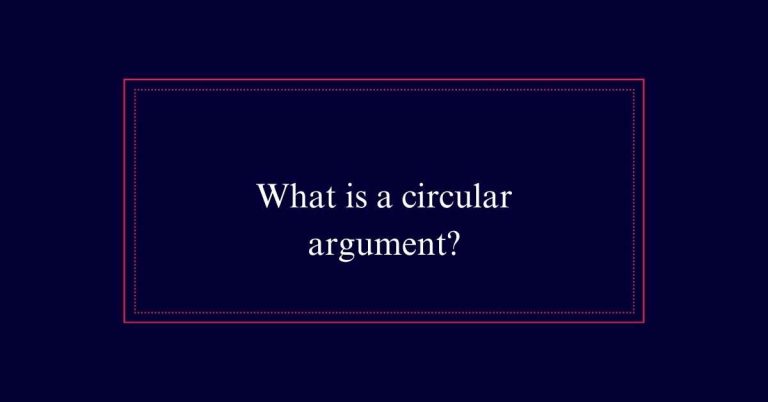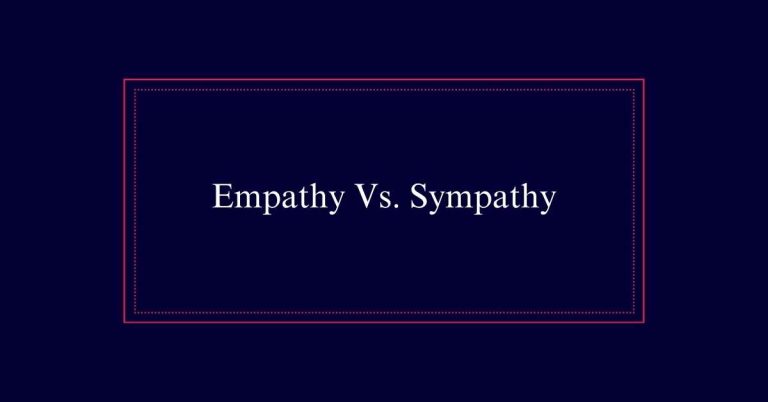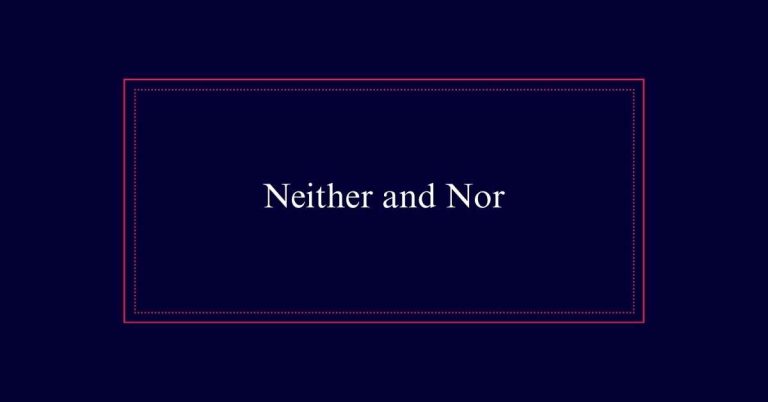What is the Meaning of Idk?
The abbreviation ‘idk’ stands for ‘I don’t know’ and originates from text speak, emerging around 2002. It is widely used in informal communication, such as text messages and social media, due to its brevity and efficiency. ‘Idk’ can be flexibly capitalized, with each variation conveying different tones or emotions. For example, “idk” appears neutral, while “IDK” might indicate urgency.
Definition of ‘Idk’
‘Idk’ is an abbreviation for the phrase ‘I don’t know.’ It is commonly used within informal communication, particularly in text messages and instant messaging.
This abbreviation is a part of a newly developed dialect called text speak or SMS language. Text speak is characterized by its brevity and efficiency, making ‘idk’ a convenient shorthand for expressing uncertainty or lack of knowledge.
The usage of ‘idk’ is flexible with regard to capitalization, allowing users to adapt it according to the context. For instance, writing ‘IDK’ in all caps can emphasize the uncertainty. However, in more formal contexts, consistent capitalization should be maintained.
Origin of ‘Idk’
The abbreviation ‘idk’ has been a part of text speak since at least 2002, emerging from the need for concise communication in digital messaging. As mobile texting and online chats grew, users sought to save time and characters. Idk’ quickly became a standard shorthand for “I don’t know,” simplifying communication while maintaining clarity. It reflects the broader trend of abbreviation in digital communication, where brevity is essential.
Here is a brief overview:
| Abbreviation | Full Form |
|---|---|
| idk | I don’t know |
| brb | Be right back |
| lol | Laugh out loud |
| asap | As soon as possible |
Text Speak Overview
Text speak, also known as SMS language, is a form of communication that utilizes abbreviations and acronyms to convey messages quickly and efficiently. This modern dialect emerged with the rise of mobile texting and instant messaging.
It simplifies lengthy phrases into short, easily understood terms. Common examples include ‘brb’ for ‘be right back’ and ‘lol’ for ‘laugh out loud.’ The main goal is to save time and effort while typing.
Text speak is not bound by traditional grammar rules, allowing for creative and flexible language use. It is widely adopted in casual conversations, particularly among younger generations. Understanding text speak is essential for effective digital communication in today’s fast-paced world.
Informal Communication Usage
Informal communication often incorporates abbreviations and acronyms to convey messages swiftly and effortlessly. One common example is ‘idk,’ which stands for ‘I don’t know.’ This shorthand is widely used in text messages, social media, and casual emails. It allows users to respond quickly without typing out the full phrase.
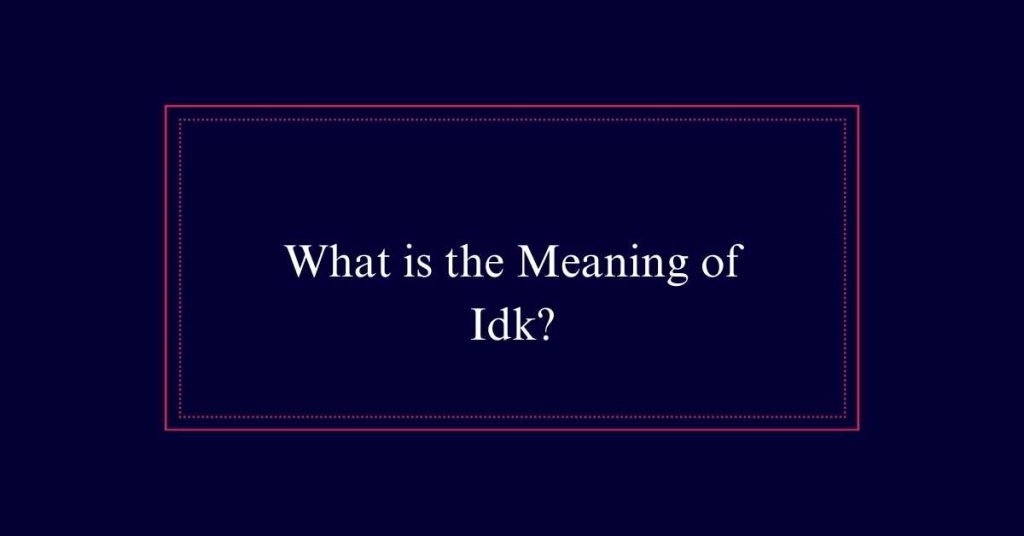
Such abbreviations are particularly useful in fast-paced environments where importance is key. ‘Idk’ can be used in various contexts, such as when you are unsure about a situation or lack information. For instance, ‘idk what time the meeting starts’ or ‘idk if I’ll attend the event.’
Its ease of use makes ‘idk’ a staple in everyday, informal communication.
Capitalization Rules
When using ‘idk’ in informal writing, you can choose between lowercase, uppercase, or a mix of both. The flexibility in capitalization allows you to express different tones and emotions. For instance, ‘idk’ in lowercase is neutral, while ‘IDK’ in uppercase can express urgency or emphasis. Mixed capitalization, such as ‘Idk’, can offer a blend of both.
Here is a table to illustrate:
| Style | Emotion | Usage Example |
|---|---|---|
| idk | Neutral | “idk what to do next.” |
| IDK | Urgent | “IDK where to go!” |
| Idk | Casual | “Idk if I can make it.” |
| iDK | Playful | “iDK, maybe tomorrow?” |
| iDk | Uncertain | “iDk, it’s confusing.” |
Emphasis in Text Speak
Capitalizing words or phrases in text speak can greatly amplify their emotional impact. When users write ‘idk’ in all caps as ‘IDK,’ it adds a sense of urgency or emphasis to the message. This technique is common in informal digital communication, where conveying emotions quickly and effectively is essential.
For example, responding with ‘IDK’ might indicate a stronger sense of uncertainty or frustration compared to a simple ‘idk.’
However, it’s important to be mindful of context. Overusing capitalization can come off as shouting, which might be misinterpreted. Therefore, using all caps judiciously ensures that the intended emphasis is clear without overwhelming the reader.
Formal Context Guidelines
In formal contexts, it is important to maintain consistent capitalization of ‘idk’ to guarantee clarity and professionalism. Adhering to this practice safeguards that your communication remains clear and respectful.
Here are four guidelines to ponder:
- Use ‘IDK’ in all caps: This emphasizes the term in a way that aligns with formal writing.
- Avoid using ‘idk’ in lowercase: Lowercase usage can appear too casual and unprofessional.
- Refrain from mixed capitalization: Forms like ‘Idk’ may seem inconsistent and confusing.
- Consider alternatives: In highly formal documents, it may be better to use the full phrase ‘I don’t know.’
Everyday Examples
While formal contexts demand careful capitalization, everyday usage of ‘idk’ is much more relaxed and versatile. It appears frequently in informal communication, such as text messages and social media. The table below highlights some common instances where ‘idk’ is used:
| Scenario | Example |
|---|---|
| Responding to a question | “What time is the meeting?” “Idk.” |
| Expressing uncertainty | “Idk if I can make it tonight.” |
| Answering casually | “Do you know where the keys are?” “Idk.” |
| Showing indecision | “Which movie should we watch?” “Idk.” |
Common Situations
Common situations where ‘idk’ is frequently used include casual conversations, quick responses to questions, and expressing uncertainty in text messaging.
This abbreviation is particularly handy when:
- Responding to Friends: When a friend asks a question you don’t know the answer to.
- Group Chats: When multiple people are discussing plans and you are unsure of your availability.
- Daily Decisions: When asked about simple choices like what to eat or wear.
- Workplace Texts: When colleagues ask about minor details you are not certain about.
Frequently Asked Questions
Can ‘Idk’ Be Used in Professional Emails?
In professional emails, it is advisable to avoid using ‘idk.’ Instead, use the full phrase ‘I don’t know’ to maintain a formal tone and clarity in your communication. Informal abbreviations may appear unprofessional.
What Are Other Common Text Speak Abbreviations Like ‘Idk’?
Other common text speak abbreviations include ‘lol’ (laugh out loud), ‘brb’ (be right back), ‘omg’ (oh my god), and ‘ttyl’ (talk to you later). These are frequently used in informal digital communication.
